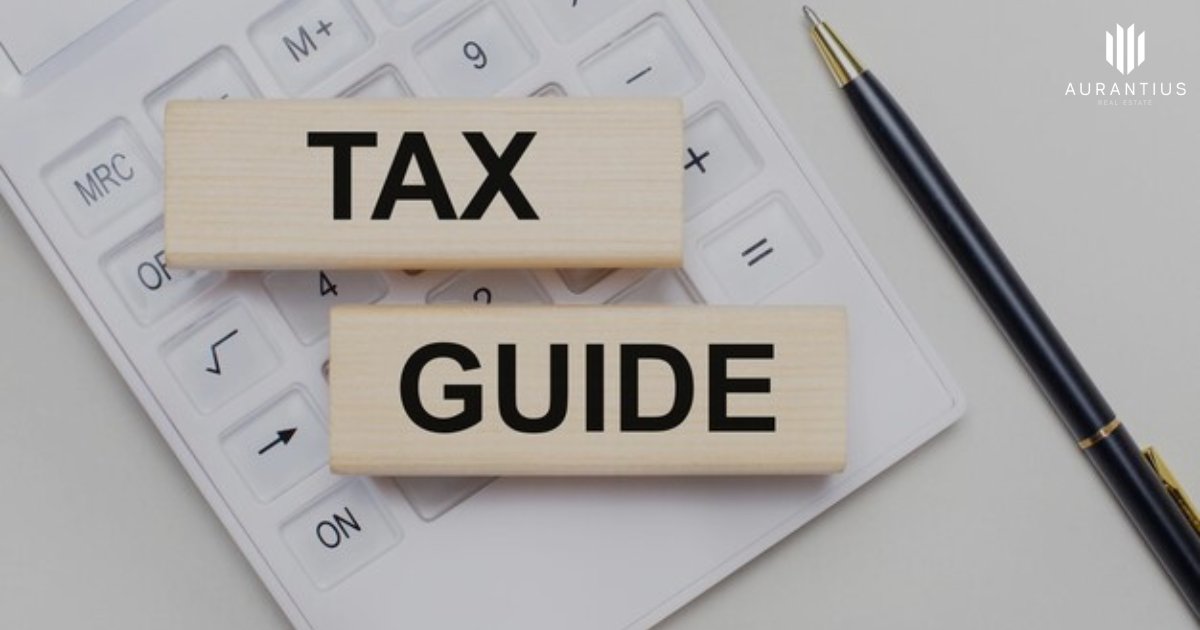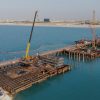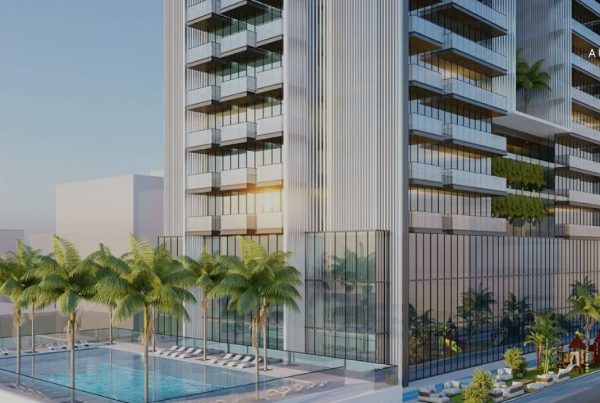Dubai Property Tax Guide 2025: What Investors Need to Know
Dubai real estate market has become one of the most attractive investment destinations globally, largely due to its tax-friendly structure and robust growth. Unlike many international hubs such as London, New York, or Singapore, Dubai does not impose annual property taxes or capital gains taxes. However, investors should understand the fees, VAT rules, and transaction costs that apply when buying or selling property. This guide breaks down Dubai’s property tax framework, common misconceptions, and key charges so that you can make informed decisions before investing.
No Annual Property Tax
One of Dubai’s biggest draws for global investors is the absence of annual property tax. Whether you own an apartment in Downtown Dubai or a villa in Dubai Hills Estate, you will not be subject to recurring ownership taxes. This significantly reduces long-term costs and increases net returns compared to global cities where recurring levies are common.
One-Time Transfer Fees
When buying property in Dubai, investors must pay a one-time Dubai Land Department (DLD) transfer fee of 4% of the property’s purchase price. This is typically split between buyer and seller unless agreed otherwise. For example, a property worth AED 2 million will incur AED 80,000 in DLD fees. These transparent, upfront costs make financial planning easier.
VAT on Property in Dubai
While there is no ongoing property tax, Value-Added Tax (VAT) applies in certain cases:
- Residential properties: No VAT applies on resale transactions. VAT (5%) is only charged on the first supply of a newly constructed home from a developer.
- Commercial properties: A 5% VAT applies on both sales and leases of offices, retail units, and warehouses.
For investors targeting Business Bay commercial towers or retail spaces in Palm Jumeirah, factoring in VAT is crucial to calculating real returns.
Other Property-Related Fees
Aside from DLD and VAT, investors should budget for other mandatory fees:
- Registration fees: For off-plan properties, Oqood registration is AED 5,250. For ready properties, the fee is AED 4,000 or 0.25% of value (whichever is higher).
- Agency commission: Typically 2% of the purchase price, paid by the buyer to the broker or agency.
- Service charges: Annual maintenance fees are payable to developers or building managers. These vary by location and property type—luxury communities like MBR City or JVC may carry higher charges due to premium facilities.
- Mortgage registration fee: For financed purchases, a 0.25% mortgage registration fee applies, plus AED 290 in admin charges.
No Capital Gains Tax
Dubai does not impose capital gains tax when selling property. Whether you sell a Dubai Marina apartment at a profit or a villa in Palm Jumeirah, your returns remain untaxed. This is a major advantage for flippers and long-term investors alike, boosting Dubai’s reputation as a global investment haven.
Dubai Real Estate Corporation Tax
For most individual property buyers, corporate taxes do not apply. However, since 2023, the UAE has introduced a 9% corporate tax on business profits over AED 375,000. This could affect companies investing in real estate as part of broader taxable business activities. Individual investors holding property in their own name are generally not impacted.
Common Misconceptions
Dubai’s tax-friendly environment often leads to confusion. Let’s clarify:
- Myth: There are zero property-related costs.
Reality: While no annual tax exists, DLD fees, VAT (in some cases), and service charges apply. - Myth: No VAT applies to real estate.
Reality: VAT does not apply to most residential resales, but it applies to first-time sales and commercial property transactions. - Myth: Dubai has hidden annual taxes.
Reality: The market is transparent, with all fees disclosed upfront. Recurring costs are limited to service and maintenance charges.
Why Dubai Attracts Global Investors
Dubai’s combination of no annual property tax, no capital gains tax, and clear one-time fees makes it one of the world’s most investor-friendly destinations. Add in the city’s high rental yields (averaging 6–8%), strategic global connectivity, and long-term growth potential, and the case becomes compelling for both local and international buyers.
Conclusion: Smart, Transparent, and Investor-Friendly
Dubai’s property tax environment is built to attract global capital by keeping ownership costs predictable and low. Investors only need to consider one-time fees such as the 4% DLD transfer fee, possible VAT charges, and annual service fees. By avoiding the heavy recurring taxes seen in other global cities, Dubai ensures property buyers retain more of their returns. For anyone considering investing in the emirate, understanding these nuances is the first step toward a profitable and stress-free experience.
Looking to explore opportunities? Browse prime properties across Downtown Dubai, Dubai Marina, Dubai Hills Estate, Palm Jumeirah, MBR City, and JVC with Aurantius Real Estate.










